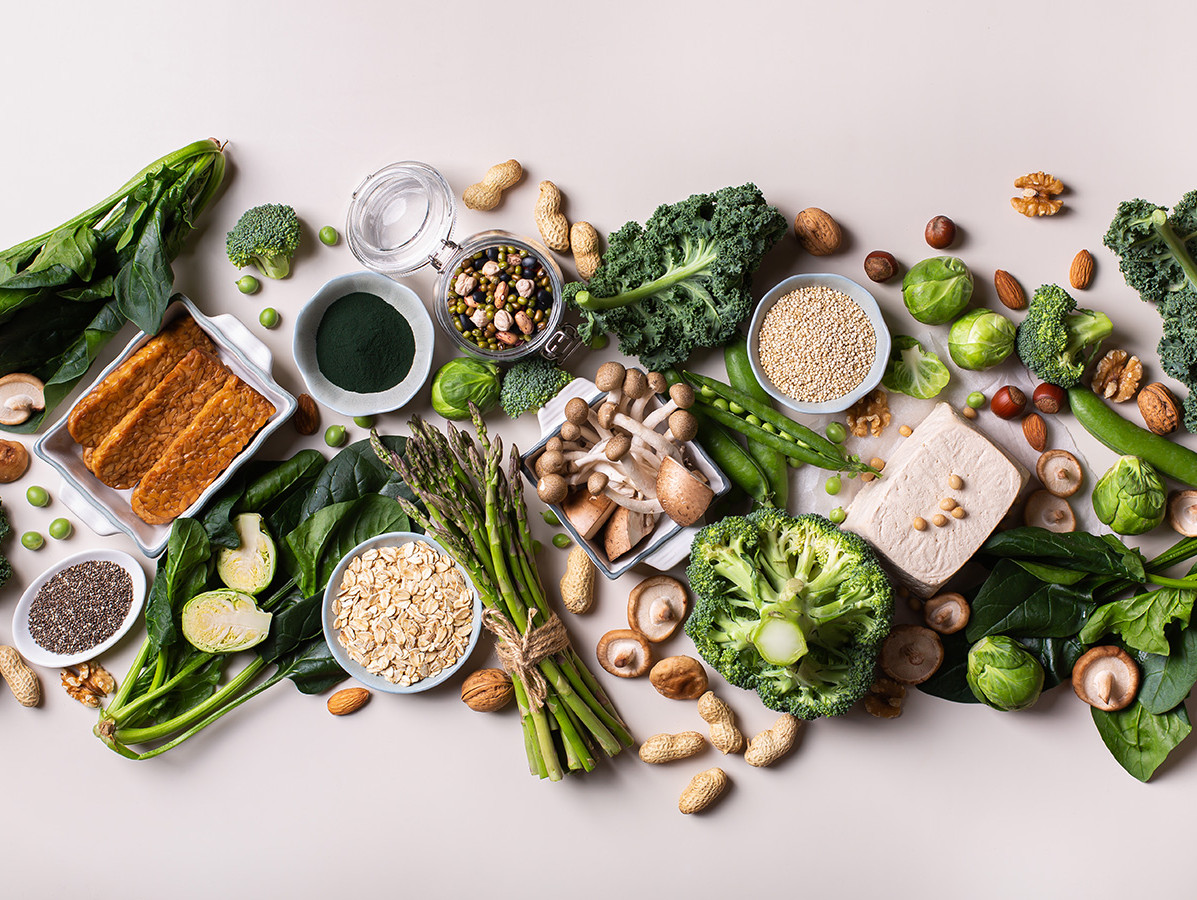
Consumers are embracing the trend to include more plant-based foods in their diet, leading to a strong increase in the development of plant protein-based foods. New plant ingredients, however, often contain unknown types and levels of microbes, and there is a significant gap in knowledge about the risks of these microbial contaminants.
A public-private consortium* of industrial and knowledge partners is therefore carrying out a research project aimed at investigating the potential food safety and quality risks of microbial contaminants in plant-based food products.
Many plant-based proteins come from crops that are sourced close to the soil and can be contaminated with a wide range of organisms. These can include spore-forming bacteria that may survive heat treatments, for example. Various microbes can also be introduced during harvesting and storage, or the plant protein manufacturing process. This complicates the design of efficient processing conditions and stable product formulations, and carrying out effective troubleshooting when microbiological contamination occurs in finished products.
Understanding and predicting the potential food safety and quality risks from microbial contamination in new plant protein ingredients requires knowledge of the levels, types and behaviours of microbes, and the impact of formulation, processing, and storage conditions on them.
The project will deliver insight into the levels and types of microbial contaminants in over 80 plant-based ingredients, their potential to survive processing, and the risks they may pose through growth and/or the production of toxins in foods. The data collected will be used for the development of microbial predictive models. These will be verified in real products to identify risks and can be used to define strategies for long-term structural solutions for prevention of microbiological spoilage or safety issues.
*In this consortium, the research organisations NIZO food research (coordinator), Wageningen University & Research and HAS Green Academy join forces with several companies including Ripple Foods, The Coca-Cola Company, SPX FLOW, Tetra Pak, Bel, Arla Foods, Yili, HP Hood LLC, FrieslandCampina and Cosun.
Source: NIZO